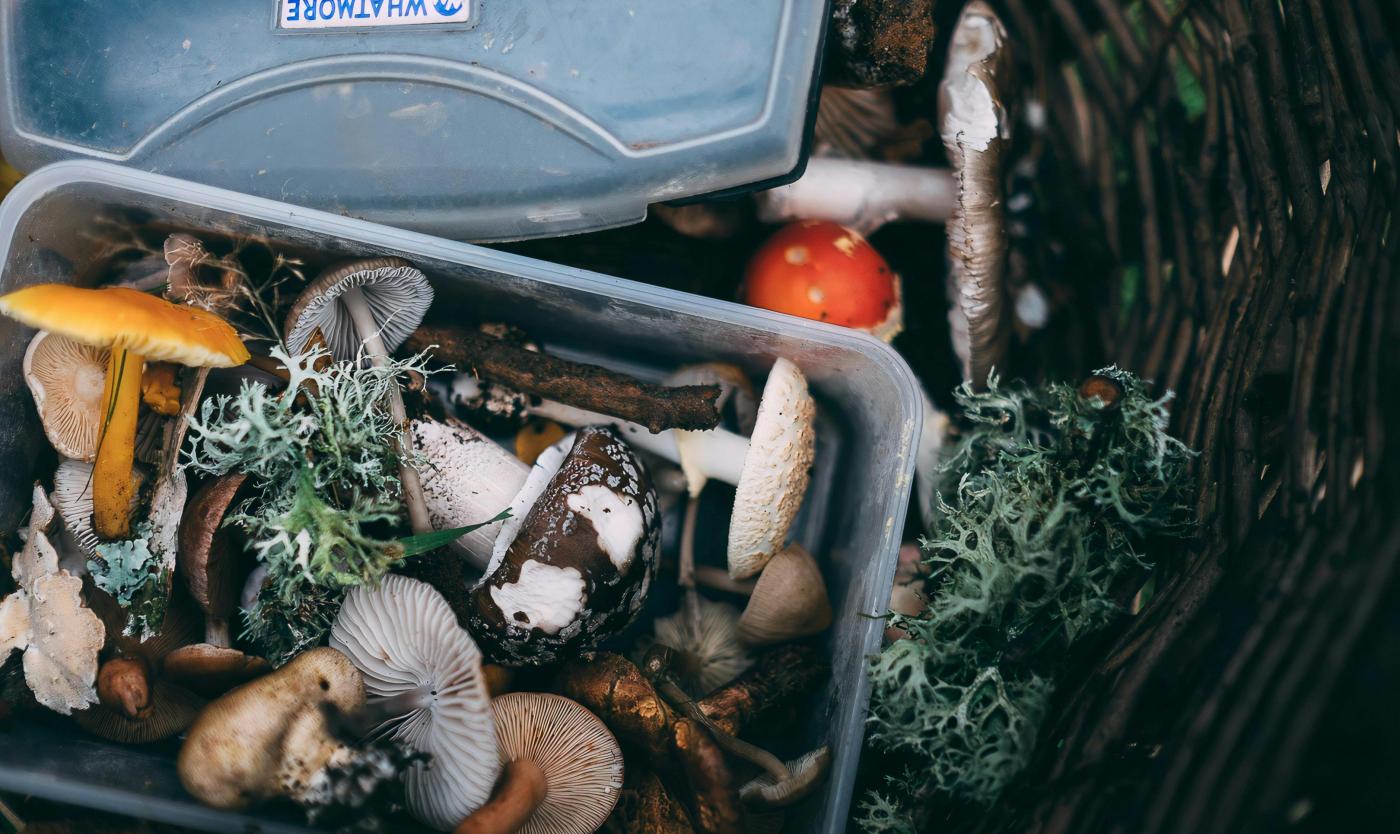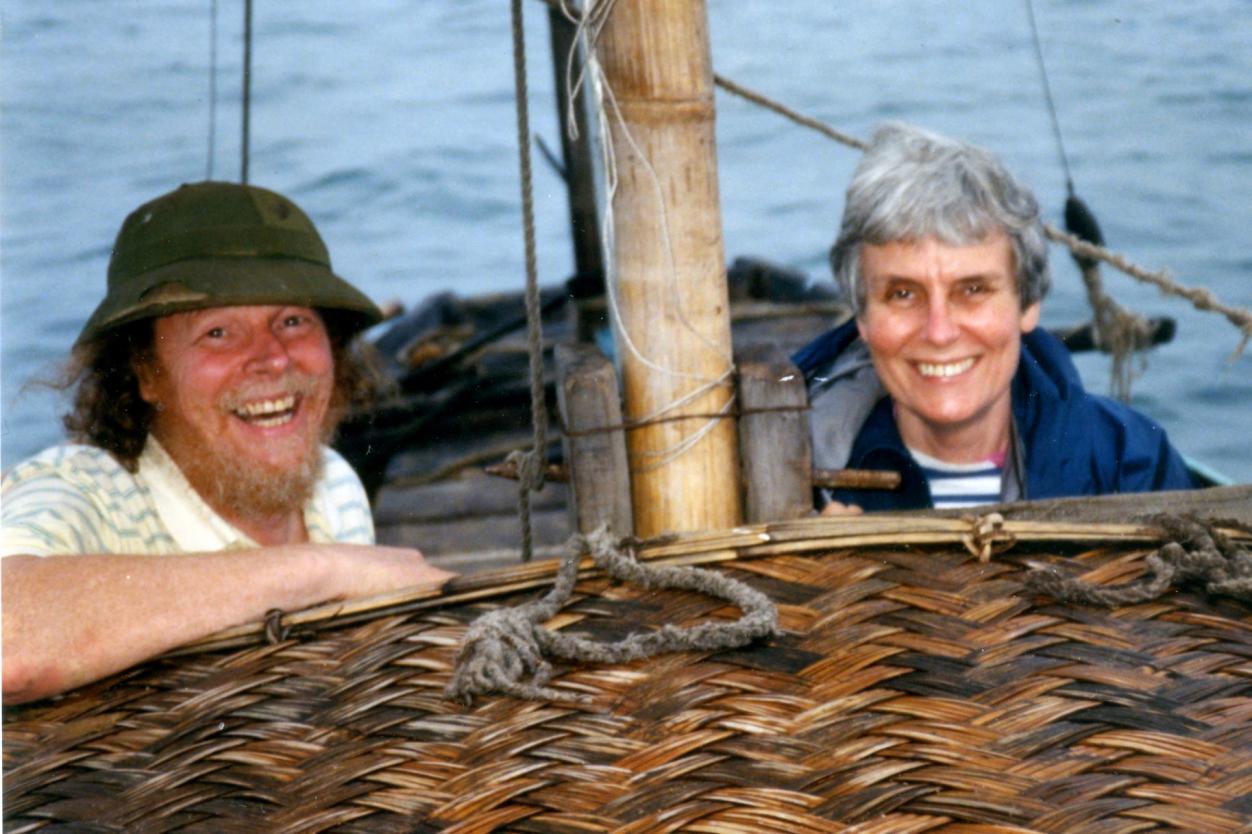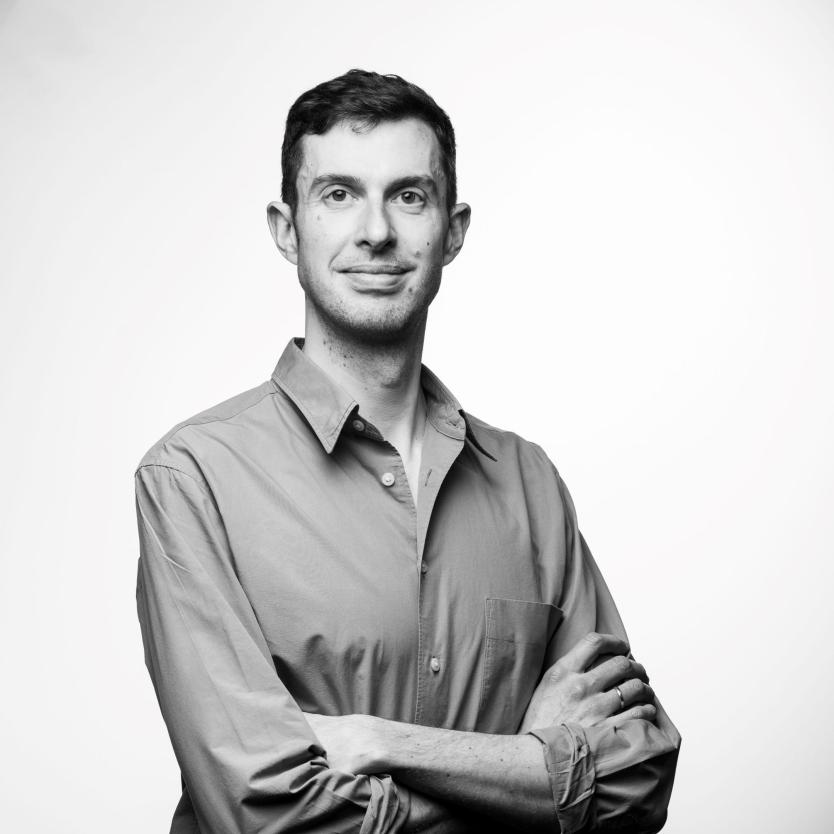
Snel naar:

Raymond 1932 - 2021 & Cécile 1931 - 2020
Over de leerstoel
De Leerstoel Casterman-Hamers: History and Philosophy of Sciences speelt in op de behoefte aan een universiteitsbrede en interdisciplinaire benadering van onderwijs en onderzoek in de geschiedenis en filosofie van de wetenschappen. Dit gebeurt via lezingen, debatten, tentoonstellingen, workshops en residenties.
Het programma wordt ontwikkeld door VUB Crosstalks, in nauwe samenwerking met de leerstoelhouder. Voor de periode 2025-2027 is dat historicus Benoît Henriet.
Oprichters Cécile Casterman en Raymond Hamers
In 1989 ontdekten Raymond Hamers, Cécile Casterman en Serge Muyldermans nanobodies in dromedarisbloed. Deze toevallige vondst vormde de basis voor revolutionaire biotechnologische innovaties. Hun passie voor wetenschap en onderwijs inspireerde Raymond en Cécile in 2013 tot de oprichting van de Leerstoel Casterman-Hamers: History and Philosophy of Sciences aan de VUB. Met een publiek programma, samengesteld door Crosstalks, brengt deze leerstoel de geschiedenis en filosofie van wetenschap dichter bij een breder publiek.
Nieuwsgierig naar het fascinerende verhaal van hun ontdekking? Bekijk hier de VRT-documentaire Knappe Koppen.
Activiteiten
De leerstoel organiseert uiteenlopende publieksactiviteiten:
- Lezing-debatten door filosofen, wetenschappers en kunstenaars, zoals met Ariella Azoulay. Bekijk hier.
- Workshops, zoals die met The Atlas of Ovens, gericht op algen-glazuren.
- Filmvertoningen bij Cinema Ritcs.

Leerstoelhouder

Leerstoelhouder Benoît Henriet
2025-2027: Benoît Henriet
Elke drie jaar benoemt de leerstoel een nieuwe leerstoelhouder. Van 2025 tot 2027 is dat Benoît Henriet, universitair hoofddocent geschiedenis aan de Vrije Universiteit Brussel en lid van de onderzoeksgroep SHOC (Social History of Capitalism). Zijn expertise ligt in geschiedenis van onderaf, milieugeschiedenis en de microgeschiedenissen van (post)koloniaal Centraal-Afrika.
In 2022 ontving hij een ERC Starting Grant voor het project FORAGENCY: Foraging, Colonialism, and More-than-Human Agency in Central Africa, dat in oktober 2023 van start ging. Samen met twee promovendi in geschiedenis en twee postdoctorale onderzoekers in antropologie onderzoekt hij hoe mensen en niet-menselijke actoren (dieren, planten, landschappen) in Centraal-Afrika kolonialisme en kapitalisme navigeerden en er weerstand tegen boden. Het team bestudeert hoe lokale gemeenschappen jacht, visserij en foraging gebruikten om koloniale economische systemen te ondermijnen en hoe de relaties tussen mensen, andere levende wezens en hun ecosystemen de koloniale dynamiek beïnvloedden.
Voor dit onderzoek voert het team substudies uit rond:
- Productie en gebruik van drugs en alcohol
- Jacht, visserij en foraging voor levensonderhoud en handel
- Gebruik van planten in geneeskrachtige praktijken
Deze studies richten zich op de ecologische relaties tussen vier voormalige koloniale steden en hun omringende regio’s: Léopoldville (nu Kinshasa), Brazzaville, Stanleyville (nu Kisangani) en Usumbura (nu Bujumbura).
Naast academische publicaties wil Benoît een breder publiek betrekken. In november 2024 lanceerde het FORAGENCY-team de podcast Foraging, waarin onderzoek en creatieve projecten op het snijvlak van menswetenschappen en kunst worden belicht. Deze focus sluit naadloos aan bij zijn rol als leerstoelhouder, waarin hij milieu- en ecologische perspectieven zal integreren in de historische studie van mens-milieu-interacties, met bijzondere aandacht voor hoe deze relaties het kapitalistische systeem uitdagen en hervormen.
Binnenkort: The Foragers
Vanaf oktober 2025 cureren VUB Crosstalks, Benoît Henriet en artistiek onderzoeker Gosie Vervloessem The Foragers: Engagements Beyond the Human, een interdisciplinaire reeks van lezingen, debatten, filmvertoningen en workshops. Deze reeks zal uitmonden in een tentoonstelling bij Pilar, die gepland staat van april tot mei 2026. Binnenkort meer info!
Nieuws
Wil je niets missen? Schrijf je in voor onze nieuwsupdates en blijf op de hoogte van de activiteiten van Crosstalks!
